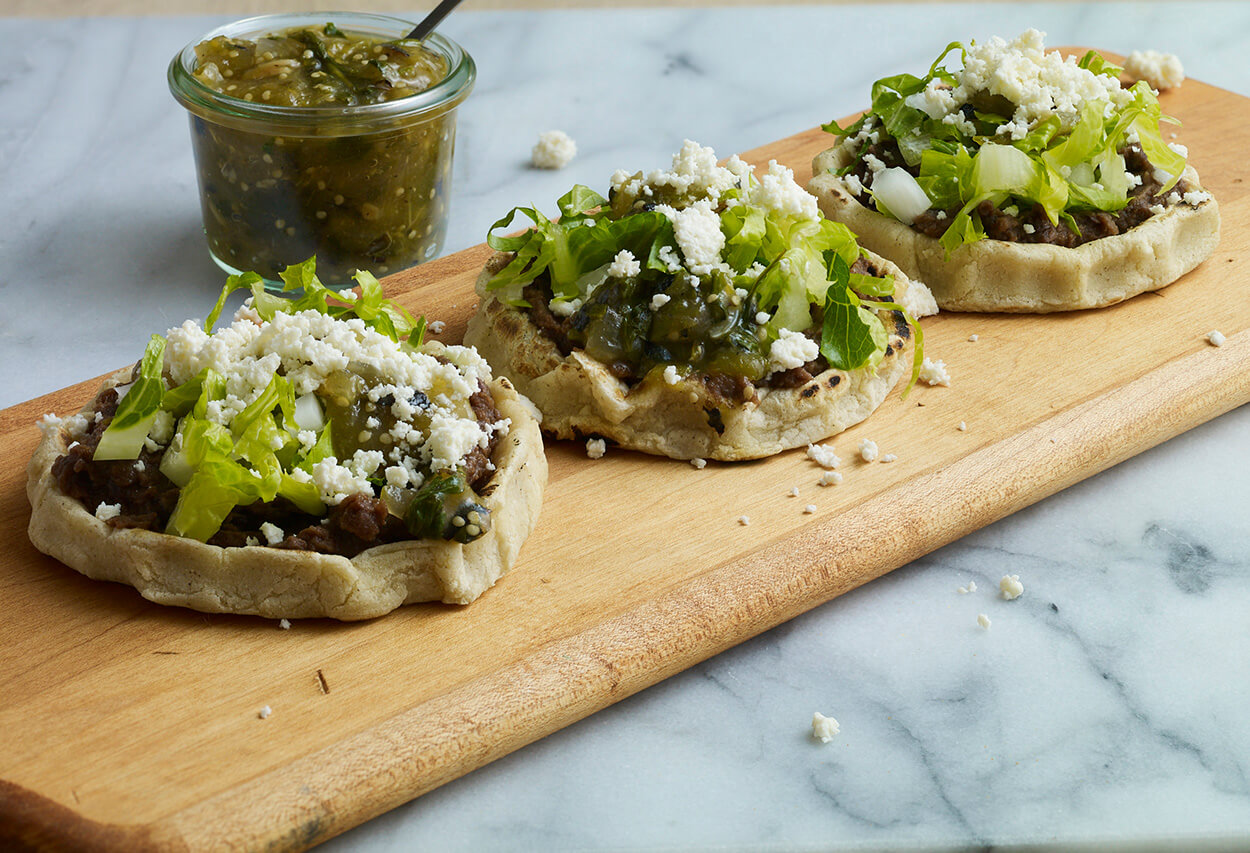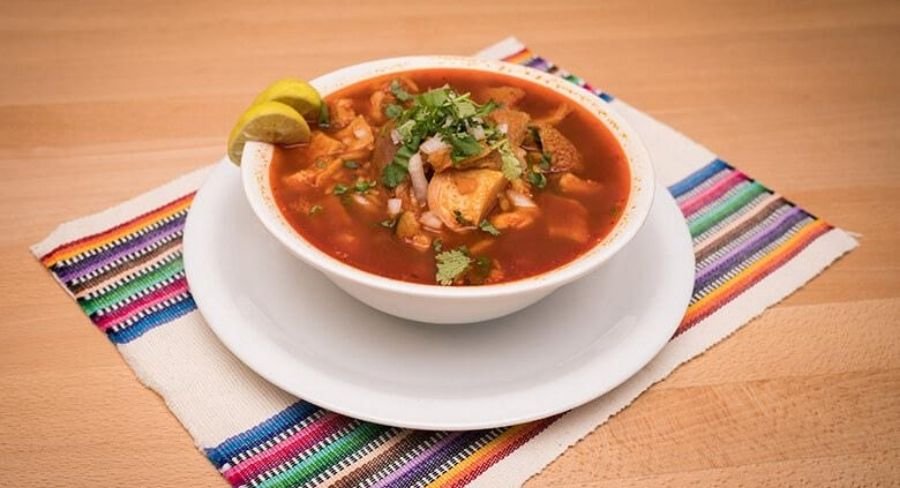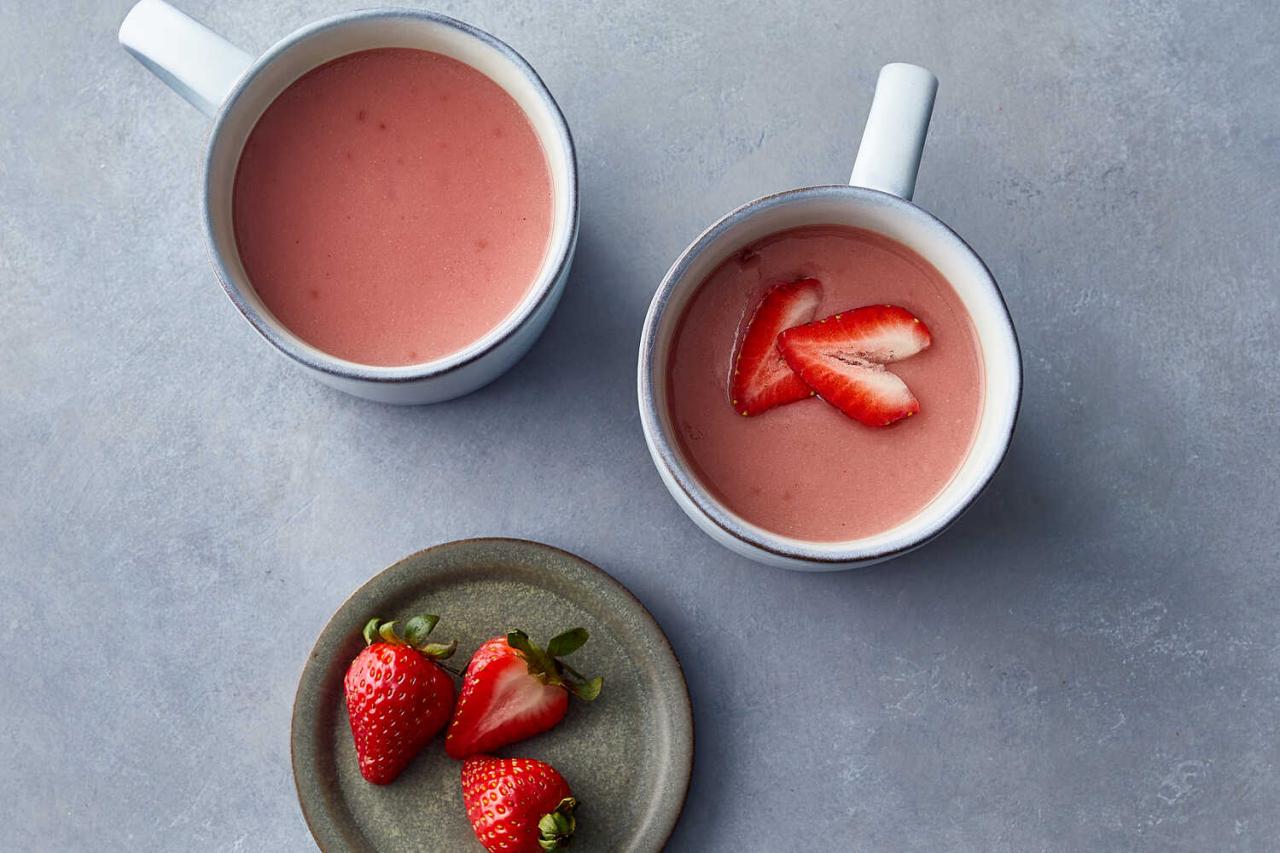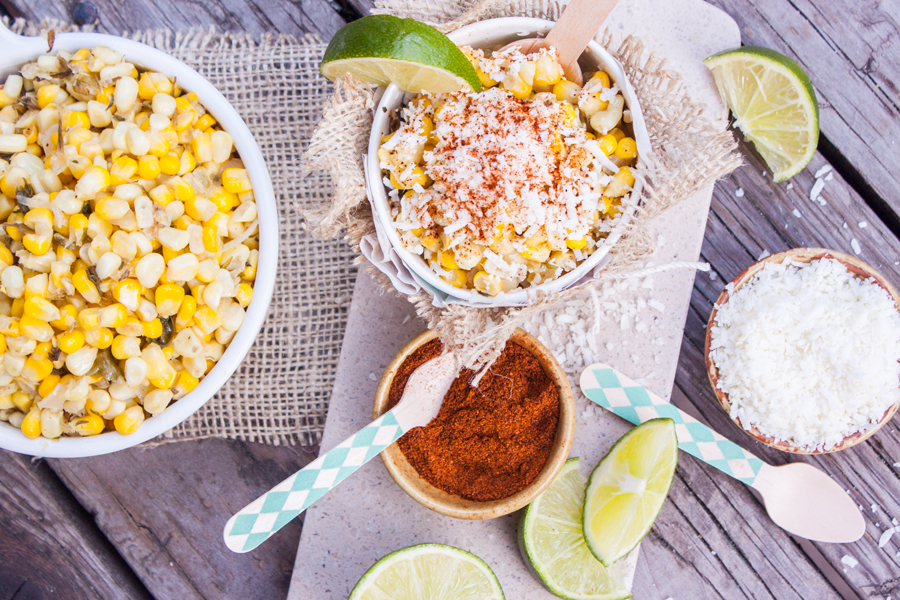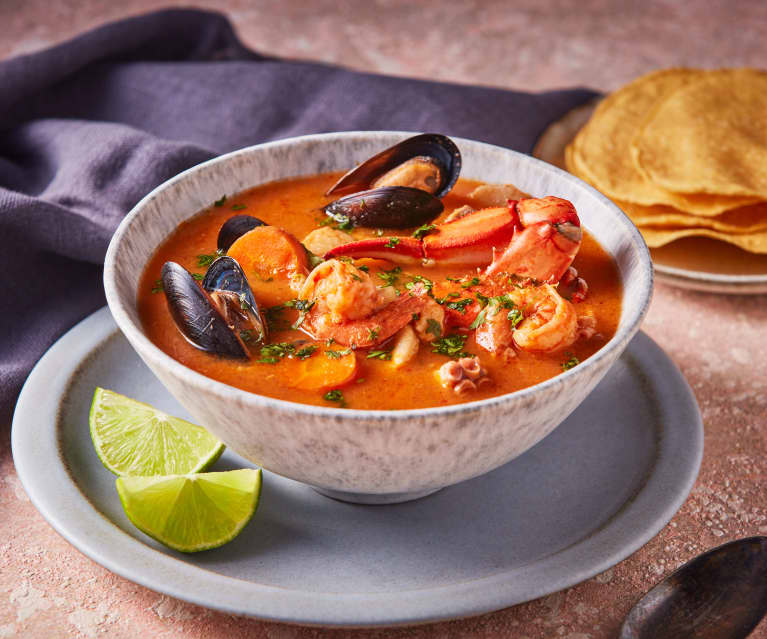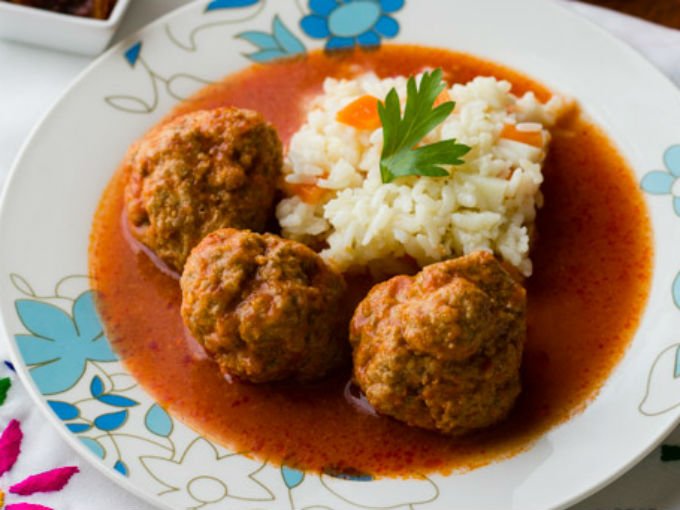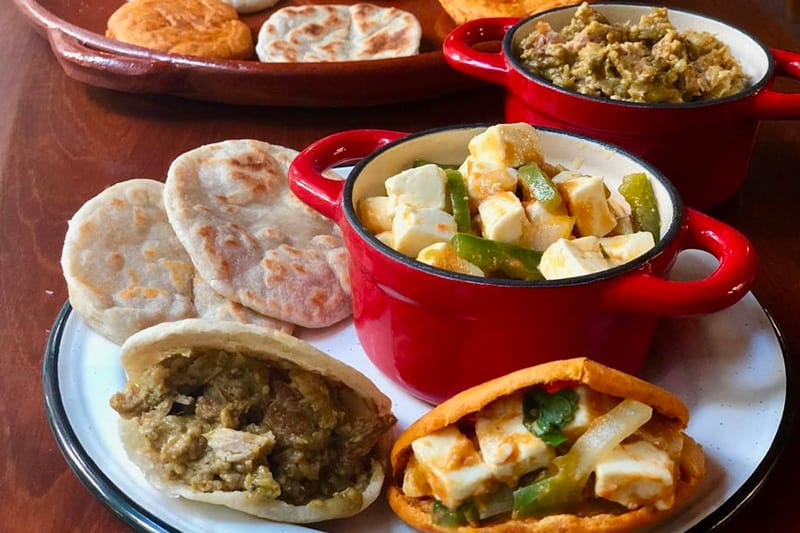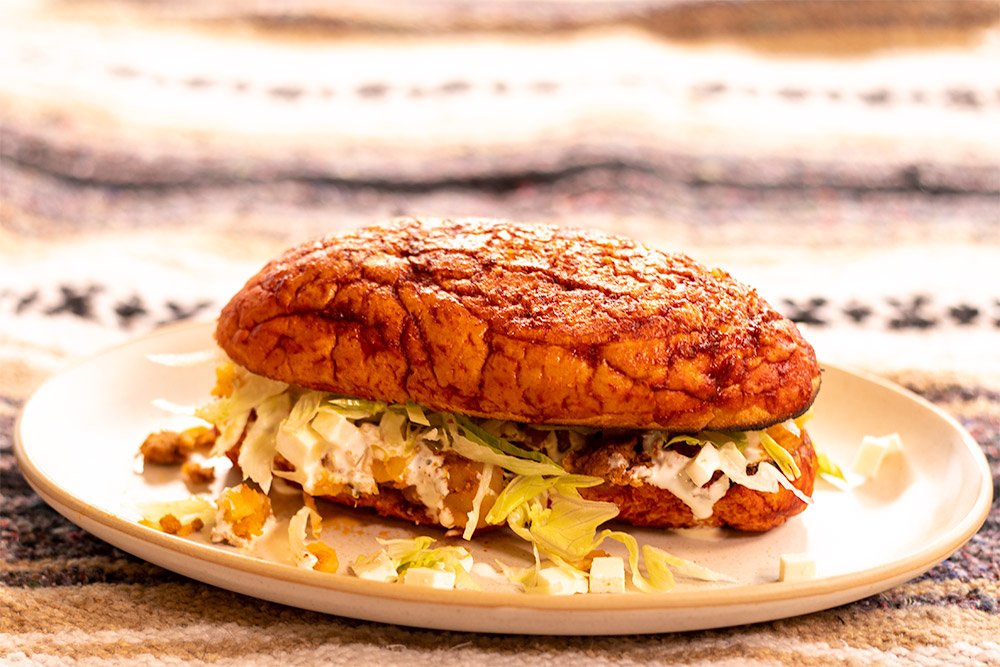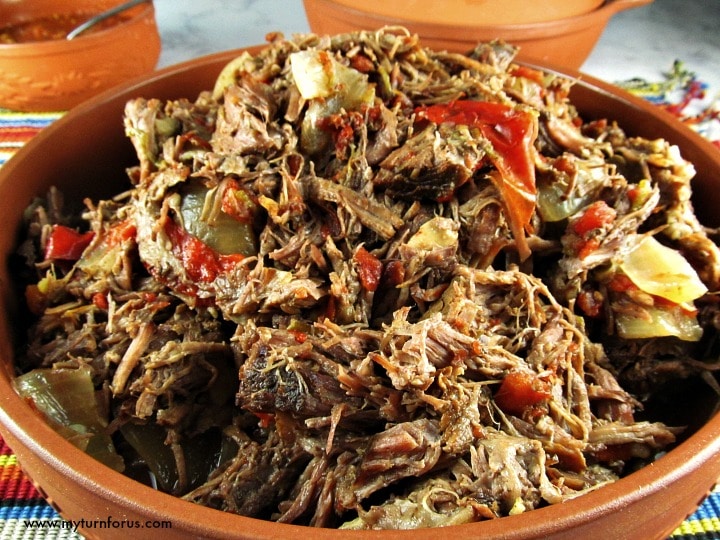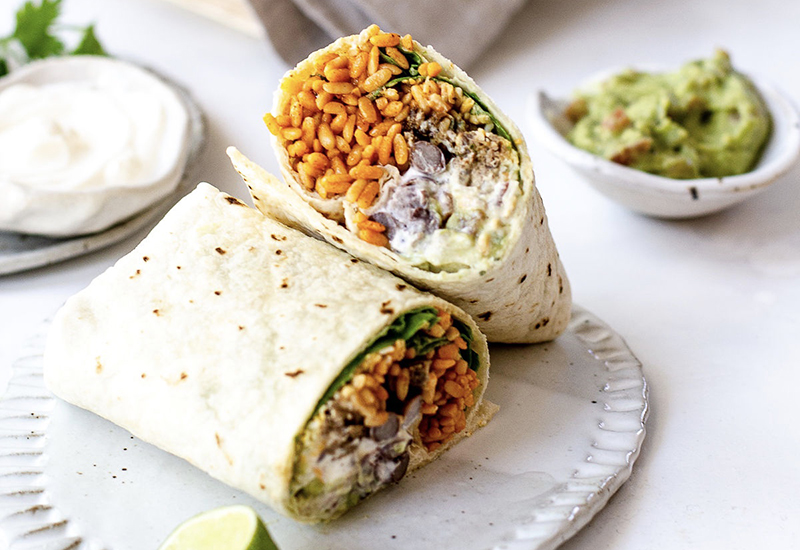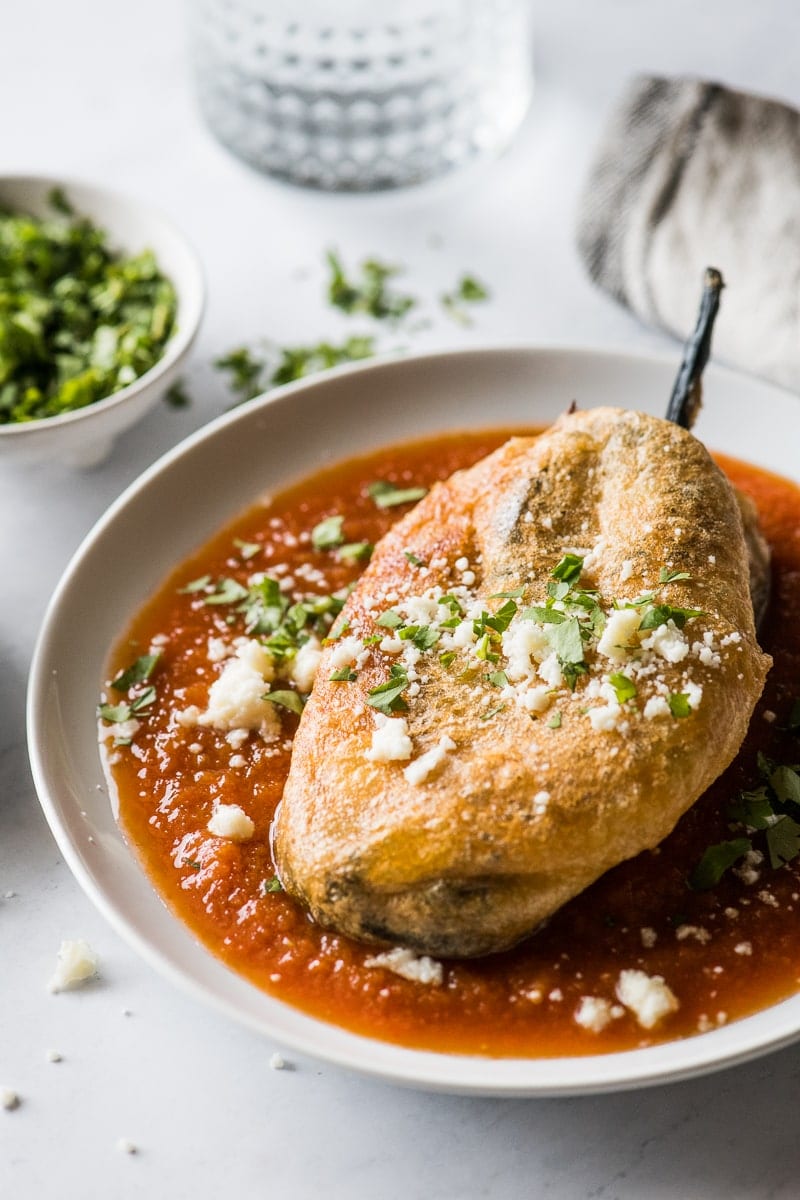Los sopes son una de las expresiones más deliciosas y versátiles de la cocina mexicana. Estas pequeñas bases de masa de maíz con los bordes levantados son el lienzo perfecto para una variedad de ingredientes, desde frijoles y queso hasta carnes y salsas. Los sopes combinan la textura suave y tierna por dentro con un […]
El menudo mexicano, también conocido como “pancita”, es más que un simple platillo; es un ícono de la gastronomía casera y un remedio tradicional para las mañanas después de una fiesta. Este guiso, a base de tripa de res y maíz, es famoso por su capacidad de revivir a cualquiera con su potente sabor y […]
El atole de fresa es una variante deliciosa y colorida de una de las bebidas más tradicionales de México. Este atole combina el sabor dulce y ligeramente ácido de las fresas frescas con la textura suave y reconfortante característica del atole. Perfecto para las mañanas frías o para acompañar las festividades, el atole de fresa […]
El salpicón de res es una ensalada fría mexicana, ideal para los días calurosos o como una comida ligera pero satisfactoria. Este platillo combina la carne de res deshebrada con una variedad de vegetales y un aderezo cítrico que refresca el paladar. Su origen se remonta a la época colonial en México, y hoy en […]
Los churros son un postre que no necesita presentación, y su versión mexicana es una indulgencia crujiente por fuera y tierna por dentro, que ha conquistado corazones y paladares. En México, los churros suelen disfrutarse en ferias, mercados y churrerías, espolvoreados con azúcar y canela y, a menudo, acompañados de una taza de chocolate caliente […]
Los esquites son un antojito mexicano que se ha ganado el corazón de propios y extraños, una preparación sencilla pero llena de sabor que se disfruta especialmente en las noches de fiesta y paseo. También conocidos como “elote en vaso”, los esquites consisten en granos de maíz tierno cocidos y servidos en un vaso o […]
Los mariscos son un elemento esencial en la cocina costera mexicana, donde la frescura y la calidad de los ingredientes se unen con las vibrantes especias y salsas para crear platillos que son una verdadera celebración del océano. Cocinar mariscos al estilo mexicano es sumergirse en un mundo de sabores picantes, cítricos y herbales que […]
Las albóndigas en salsa chipotle son una versión con carácter de un plato clásico y querido en muchas culturas. En México, las albóndigas se han adaptado tomando ingredientes locales, como el chipotle, para crear un plato con una profundidad de sabor que solo la cocina mexicana puede ofrecer. La combinación de la carne suave y […]
Las gorditas rellenas son un tesoro de la cocina tradicional mexicana, una comida reconfortante y llena de sabor que se puede encontrar en puestos callejeros y mercados de todo el país. Estas pequeñas tortillas gruesas de masa de maíz, cocidas hasta tener una capa exterior crujiente y un interior suave, se rellenan con una variedad […]
Los pambazos son un tipo de sándwich mexicano que se distingue por su pan untado en salsa de guajillo y relleno típicamente de papa con chorizo. Son un clásico en las fiestas y reuniones, y su nombre proviene del pan “pambazo” utilizado en su elaboración, que absorbe perfectamente los sabores sin deshacerse. Este platillo es […]
La machaca es un platillo típico del norte de México que se ha convertido en un símbolo de la cocina de esta región. Originalmente, la machaca era carne de res secada al sol y machacada para su conservación, pero hoy en día se disfruta principalmente cocida y deshebrada, a menudo revuelta con huevo, tomate, cebolla […]
El burrito de carne asada es una creación culinaria que encapsula la esencia de la cocina mexicana y la cultura del norte de México. Este plato, famoso por su sabor intenso y su presentación práctica, es ideal para cualquier ocasión, desde un almuerzo informal hasta una cena entre amigos. La carne asada, jugosa y bien […]
El pozole rojo es una de las recetas más representativas de la gastronomía mexicana, un plato lleno de historia y sabor que tradicionalmente se sirve en festividades y reuniones familiares. Este guiso, que tiene sus raíces en la época prehispánica, se ha transmitido de generación en generación, conservando su esencia y convirtiéndose en un verdadero […]
En el corazón de la cocina mexicana, los tacos se erigen como un símbolo de tradición y sabor que trasciende fronteras. Estas tortillas de maíz rellenas de una variedad de ingredientes reflejan la esencia de una cultura rica en colores, olores y sabores. Aprender a preparar tacos tradicionales es sumergirse en un mundo de texturas […]
Los chiles rellenos son una exquisitez de la cocina tradicional mexicana que encanta por su mezcla de sabores y texturas. Este platillo, que combina la suave picardía del chile poblano con el relleno generoso de queso, carne o incluso mariscos, es un verdadero desafío a las habilidades culinarias y una delicia para el paladar. Cocinar […]
